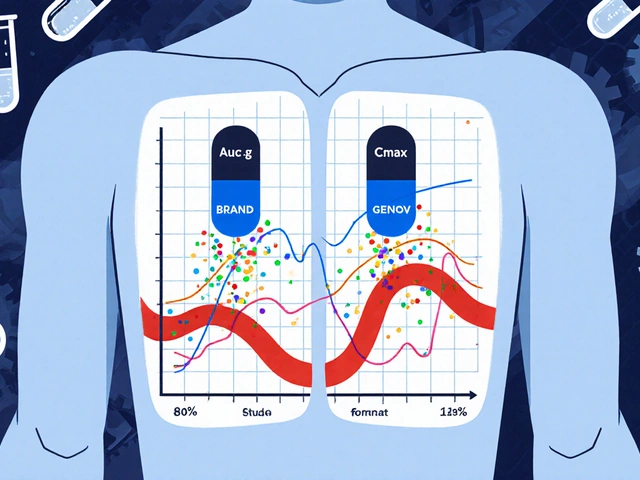Alkeran – Essential Guide for Patients and Caregivers
When working with Alkeran, the brand name for melphalan, an alkylating chemotherapy agent. Also known as melphalan, it is primarily used to treat multiple myeloma, a cancer of plasma cells, and to prepare patients for bone‑marrow transplant. In plain terms, Alkeran adds a chemical tag to DNA, stopping cancer cells from dividing. Because it targets fast‑growing cells, it also hits healthy tissue, which explains why nausea, low blood counts, and mouth sores are frequent complaints.
Another drug that often shows up in the same treatment plans is cyclophosphamide, a fellow alkylating agent. While both drugs share a DNA‑damaging mechanism, cyclophosphamide is usually given in higher doses and can cause bladder irritation, so doctors may rotate the two to balance effectiveness and side effects. The broader category they belong to is chemotherapy, a suite of treatments that requires careful monitoring of blood work, kidney function, and patient‑reported symptoms. Alkeran therefore demands a partnership between the oncology team and the patient: dosage adjustments are based on lab results, and supportive meds like anti‑nausea pills or growth‑factor injections are added to keep the treatment tolerable.
What to Expect Before, During, and After Alkeran Therapy
Before the first infusion, doctors run a full blood panel to confirm that white cells, red cells, and platelets are within safe limits. This baseline helps predict how the body will handle the drug and guides pre‑medication choices. During treatment, the most common side effects—fatigue, nausea, and low neutrophil counts—usually appear within a week and can last up to two weeks. Patients who stay hydrated, eat small frequent meals, and use prescribed anti‑emetics often report milder nausea. If blood counts drop too low, the oncologist may delay the next cycle or prescribe a growth‑factor like filgrastim to boost white cells.
After the course ends, many patients notice a gradual return of energy and appetite as their bone marrow recovers. However, long‑term monitoring is crucial because Alkeran, like other alkylators, carries a small risk of secondary cancers and organ toxicity. Regular follow‑up appointments focus on kidney function and heart health, especially for those who received high cumulative doses. The overall goal is to achieve remission of the myeloma while minimizing lasting damage, and that balance hinges on personalized dosing, prompt management of side effects, and clear communication between patient and care team.
Below you’ll find a curated list of articles that dive deeper into specific aspects of Alkeran therapy—ranging from diet tips for nausea control to the science behind bone‑marrow preparation. Each piece offers practical advice you can apply right away, so keep scrolling to explore the full set of resources.





